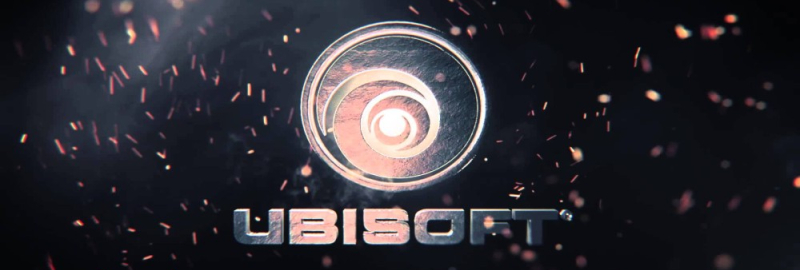
In an era where hype and expectations set the tone for video game releases, two gaming giants have found themselves in the center of an intriguing debate. Ubisoft, with its long-awaited title Skull and Bones, sought to elevate its project by branding it a "AAAA" title, a term that raised eyebrows across the gaming community. This claim was met with skepticism, followed by the game's reception that, by many accounts, fell short of its quad-A aspirations. Meanwhile, in a twist that's as cheeky as it is bold, CD Projekt Red threw their hat into the ring, asserting that their upcoming The Witcher 4 would transcend existing grading scales, aspiring instead to be a "AAAAA" game. This escalating series of rating claims has led many to wonder about the practicality and significance of these gradations in the gaming world.
At the heart of this debate lies the vague and increasingly bombastic use of the "A" rating system. Initially, the term "AAA" (triple-A) served as an informal classification to signify a game that was of high quality in terms of budget, promotion, and execution. However, the recent addition of more "A"s by industry players has complicated this understanding, pushing the boundaries of this grading system into the realm of marketing hyperbole rather than a clear indicator of quality or ambition.
Ubisoft’s Skull and Bones faced a turbulent journey to release, marred by delays and evolving development visions, only to greet a lukewarm reception upon its arrival. The bold claim of being a "AAAA" title added to the weight of expectations, a gamble that didn't necessarily pay off in terms of either critical or commercial success. This saga serves as a cautionary tale about the pitfalls of excessive hype and the challenges of living up to ambitious claims.
CD Projekt Red's claim, while seeming to poke fun at Ubisoft’s predicament, also raises crucial questions about the future of game grading. By declaring The Witcher 4 to be a "AAAAA" title during an investor chat, the company cheekily suggests a leap into uncharted territory. While this could be seen as a tongue-in-cheek commentary on the absurdity of the grading escalation, it also cleverly positions its upcoming title as one that seeks to redefine excellence in the gaming landscape.
The escalating "A" wars between gaming companies point to a larger conversation about marketing, expectations, and the tangible quality of video games. As gamers, the allure of a higher grade might spark initial interest, but it also creates a precarious expectation that can be difficult to meet. The journey of Skull and Bones stands as a testament to the dangers of over-promising, while CD Projekt Red's playful stance on The Witcher 4 highlights the subjective and often whimsical nature of game ratings. Ultimately, as the industry grapples with these gradations, it becomes clear that the true measure of a game's success lies not in the number of As in its rating but in the experiences it delivers to players worldwide.